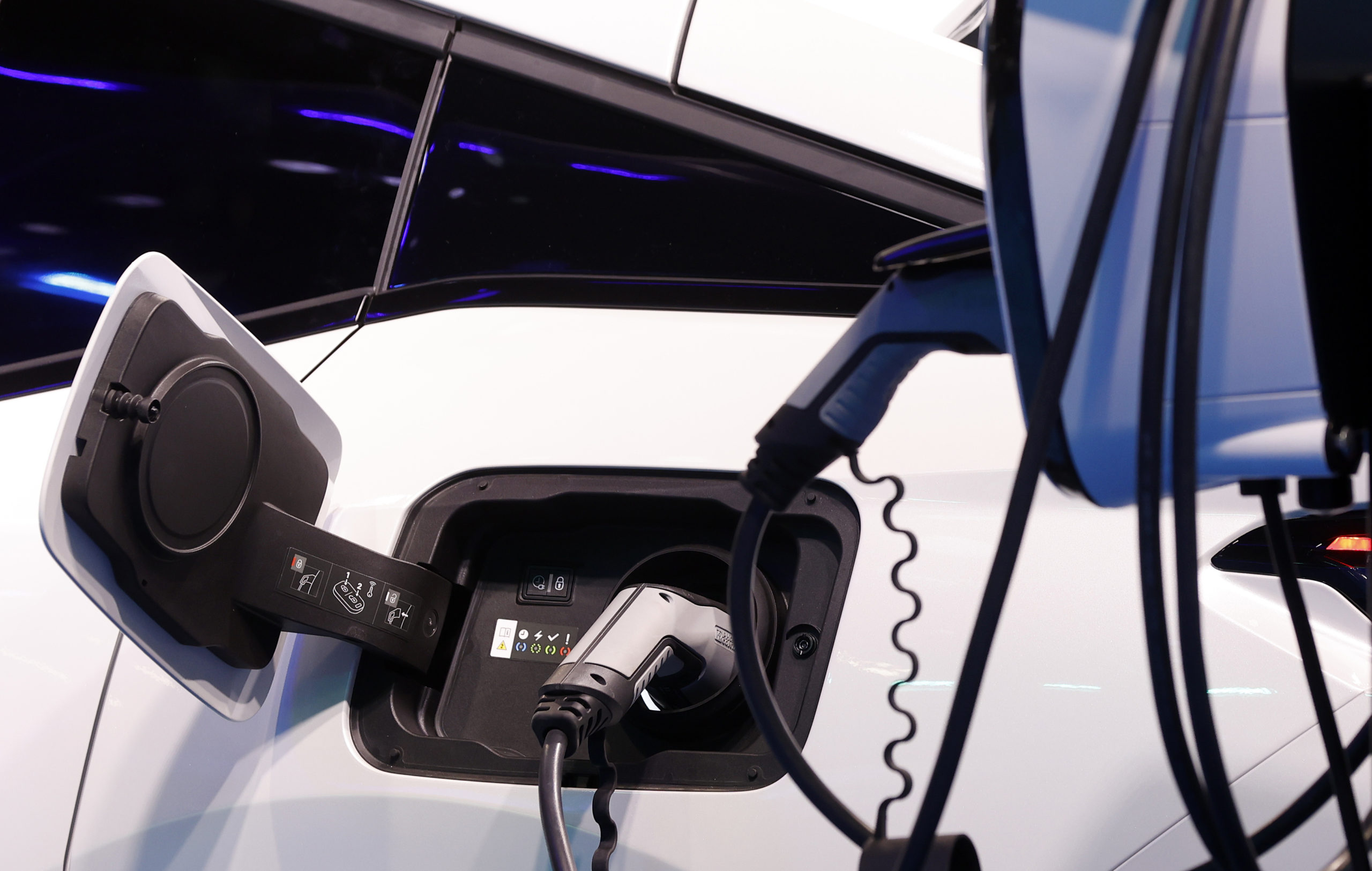A new report is showcasing the massive headaches that many electric vehicle owners are having when it comes to charging their cars.
On Sunday, ABC News published a report in which EV owners detailed the problems that they have been having when it comes to finding chargers for their EVs.
Steve Hammes, one of the people featured in the report, leased a Hyundai Kona Electric SUV for his 17-year-old daughter in the hopes that she would be able to save money for college by not spending it on gas.
But now they are facing the dilemma of making sure that their daughter can find available chargers as she drives all the way from Albany, New York, where she lives, to Gettysburg College in Pennsylvania.
“We’re going through the planning process of how easily Maddie can get from Albany to Gettysburg and where she can charge the car,” Hammes said.
Indeed, Hammes is not the only one to report this. There have been many stories of people taking long trips with EVs and having to constantly think about where they are going to stop to charge their vehicles — sometimes giving more thought to that than where they will be able to eat.
(It’s worth noting that Telsa makes this easier by integrating charging stations with its navigation system.)
But that was not the only case of EV trouble that ABC News detailed in the article. It also told the stories of Car and Driver editor-in-chief Tony Quiroga and EV owner Sharon Bragg, both of whom said the batteries in vehicles they were driving — a BMW i7 and a Ford Mustang Mach-E GT, respectively — depleted faster in colder weather and had to be charged more frequently.
Again, their stories are backed up by other EV owners. During the winter storms over the last few months, EVs proved very unreliable in cold weather, having to be charged more frequently.
Further, the article details that Bragg and Jared Rosenholtz, another EV owner, have constantly dealt with dead charging cords, cords that can’t reach the car and long wait times.
Indeed, others drivers have also said that it takes a very long time for the EVs to charge, and it can be very expensive to charge an EV, sometimes costing much more than filling up a car with gas.
Once again, we have yet another report about the serious challenges facing electric vehicles.
This is not to say that there is no merit to electric vehicles. The technology is very useful, and it is possible that electric cars could be the future, but we have a long way to go before that happens.
The Biden administration and other leftists are pushing electric vehicles as an alternative to gas-powered vehicles in the name of stopping climate change, and many states are passing laws trying to completely transition away from gas vehicles.
They seem to be paying no attention to the fact that EV technology is still in its developmental stage and has a long way to go before it can be considered a real, viable alternative to gas vehicles.
Furthermore, these cars are often very expensive to purchase and maintain and are well out of reach for the vast majority of American households in the current economy.
Electric vehicles may be the future, but they still have a long way to go. In order for them to be a viable alternative to gas cars, they need to be efficient, reliable and affordable.
At the moment, they are none of those things, so we will have to wait a while before we consider EVs the way of the future.
This article appeared originally on The Western Journal.

























 Continue with Google
Continue with Google